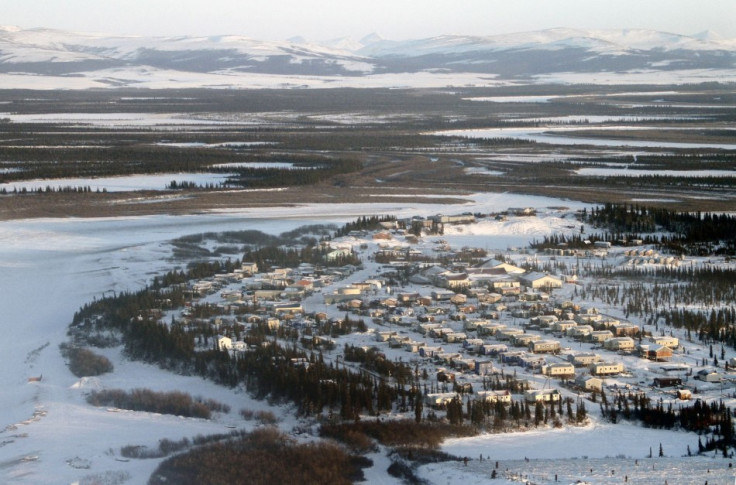Ancient Alaskan Village Found in Arctic Circle

A team of archaeologists from Brown University have unearthed the remains of a native village in northwest Alaska. The site has been uncovered along the banks of the Kobuk River, in Kobuk Valley National Park, about 40km north of the Arctic Circle.
According to Alaska Public Media (APM), the archaeologists identified the remains of houses by studying large depressions on the ground. These depressions are reportedly the size of one-room cabins, dug about four feet into the ground and interconnected by tunnels.
"In some other areas here we've found maybe two houses that are connected by tunnels, but nothing like this. And in other areas those houses are really quite small compared to the houses here; these are gigantic houses," Dr Doug Anderson, who led the excavation, explained.
Initial tests date the village to the late 18th or early 19th centuries and if this is accurate then it suggests habitation prior to European settlement. Moreover, the discovery of metal and glass beads on the site suggests interaction with those visitors.
Meanwhile, Edward Cleofe, an undergraduate student at the site, explains the importance of finding coprolites - dog excrement. He explains that the discovery of fish bones and scales suggests a large and active community, one with pets and possibly an active social life.
According to Thomas Jackson, an elder with the Inupiat tribe, the archaeological site may have been a village called Igliqtiqsiugvigruak and, incidentally, refers to pet dogs too.
"All what we know about that place, what the people talked about were that of skilful people, a place of strong shamanism acts, a strong dog," he explains.
There are still a few puzzles to be solved though, such as the lack of tools.
© Copyright IBTimes 2025. All rights reserved.




















